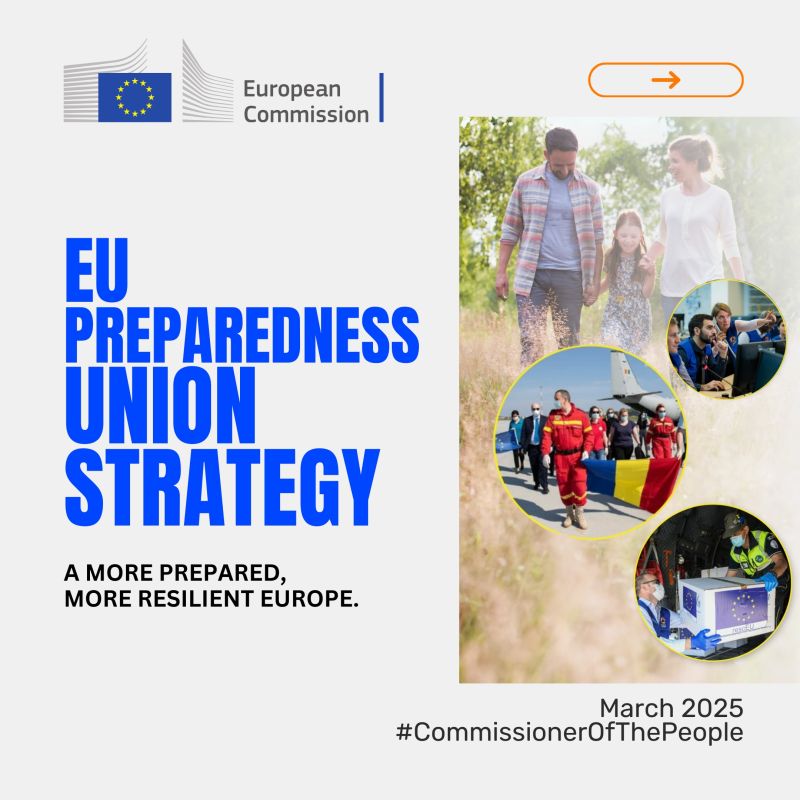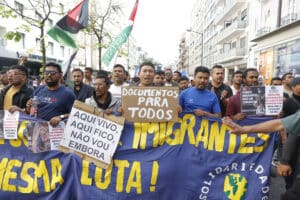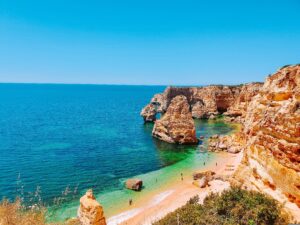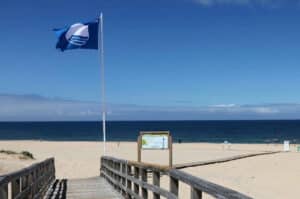Message from Brussels is “be prepared”
The European Commission has launched its Preparedness Union Strategy today, stressing that “being prepared” should be the new way of life.
While governments are working on enhanced stockpiling of critical equipment, people too are being encouraged to play their part.
The European Commissioner for Crisis Management, Hadja Lahbib, “rejects scenarios of alarmism and panic”, says SIC reporting on today’s press briefing in Brussels. It is much more about “being ready for anything”.
“There are, of course, different geopolitical realities, from Finland, which shares a border of more than a thousand kilometres with Russia, to Spain, which, like Portugal and Greece, is most affected by forest fires,” she said.
“I think that being aware of the dangers and being prepared for them is the opposite of creating panic. On the contrary, it means avoiding panic movements, irrational gestures like the ones we had during the pandemic with, remember, people running to the shops and buying toilet paper. Being prepared, knowing what can happen, being ready for anything, must become a new way of living with serenity”.
And so the checklist: a well-prepared citizen should have enough emergency supplies at home, including water and tinned food, to last at least three days (72 hours) a torch, shortwave radio and batteries, and a first aid kit.
As SIC explains, the European Union (EU) is girding for emergencies – from natural or human causes – but it won’t be until July, when the next multiannual budget begins to be debated, that it will come up with an estimate of how much all this will cost.
“Brussels also wants to integrate preparedness lessons into school curricula and introduce a European Day of Preparedness, saying that the key is to predict and anticipate crises”.
France is already planning to distribute a ‘survival manual’ to its population, while Sweden, Finland and Norway have launched campaigns warning their citizens to prepare for war. Portugal, this far, has not managed to look beyond the political in-fighting that has prompted the third ‘snap elections’ in as many years. ND




















